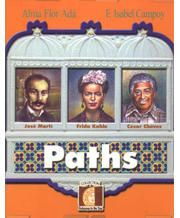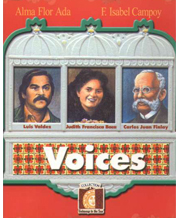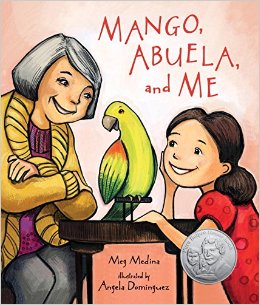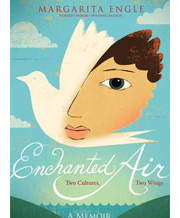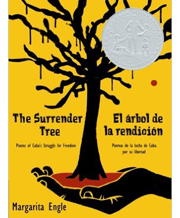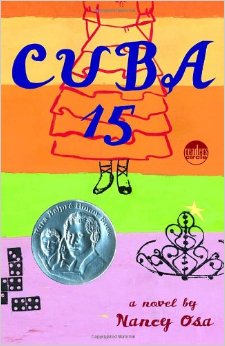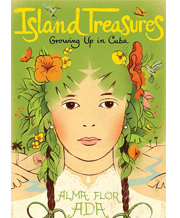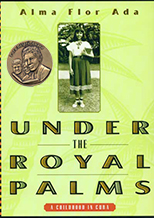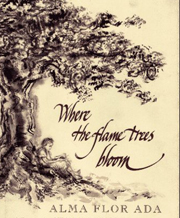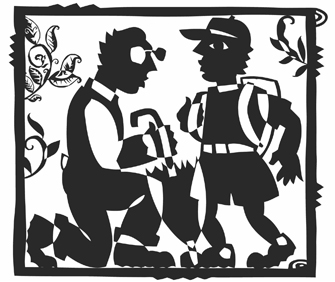
My Name is José Miguel
—not Joe,not Mike.
I am Cuban and Nicaraguan.
I live in Tampa, Florida.
I am Latino.
Questions to Initiate and Guide the Creative Reading Dialogue
Descriptive Phase
Why is it important to José Miguel that his name be respected?
Personal Interpretive Phase
Do you have a nickname? Did you choose it or did someone else chose it?
Do different people call you by different names? How does that make you feel?
Has anyone made jokes about your name? Mispronounce your name? How does that feel?
Critical/Multicultural/Anti-Bias Phase
It has been a long practice in the United States to anglicize or modify people’s names to make them more acceptable. What do you think of this practice. Why?
What were José Miguel’s actions to try to have others respect his name? What do you think of his actions?
Creative/ Transformative Phase
What can you say to people when they mispronounce your name?
What can you do if someone has a disrespectful attitude about your name?
Activities Students Can Do Individually or in Groups
Guide students in learning who Miguel de Cervantes, Miguel de Unamuno, and Miguel Hernández were. Invite them to discover if any student in the class shares the name of a famous person.
Organize a classroom debate about the topic: “Should individual names be respected or it is better to change them to facilitate fitting in?”
Facilitate that students write a list of Cubans, or people with Cuban ancestry, that have contributed in science, art, music, literature, etc.
Have each of the students select one of these characters and then write the persons’ autobiography, that is, tell the life of the character in first person. When they share with the class their “autobiography” they can dress as the character or hold appropriate props.
In view of current concern about Zika, have students research the life of Cuban scientist Carlos J. Finlay, the first to discover that the female of the Aedes Aegypti mosquito could transmit illnesses.
A Creative Writing Transformative Education Activity
Invite students to write a book about their name.
Have students explore the history of their name. Who choose it? When? Why?
Are they named after someone else? Who shares their name?
Is there a meaning to their name?
Remember that this activity will be stronger if you model it with a book written by you about your own name. For the principles of Transformative Education and the Authors in the Classroom Process go to www.authorsintheclassroom.com
Specifically to see examples of books written by teachers and students about their name go to: http://authorsintheclassroom.com/3-strenghtening-self-identity-my-name-books/
Related Books Grades 2-4
Voices. Includes the biography of Cuban scientist Carlos J. Finlay by Alma Flor Ada and F. Isabel Campoy
Related Books Grades 4-8
.
.

